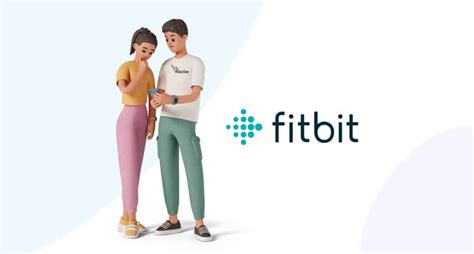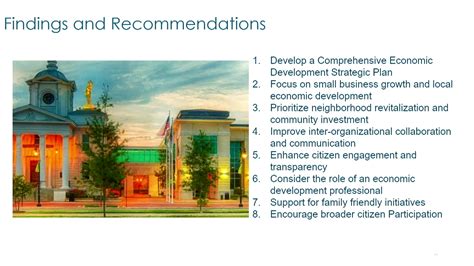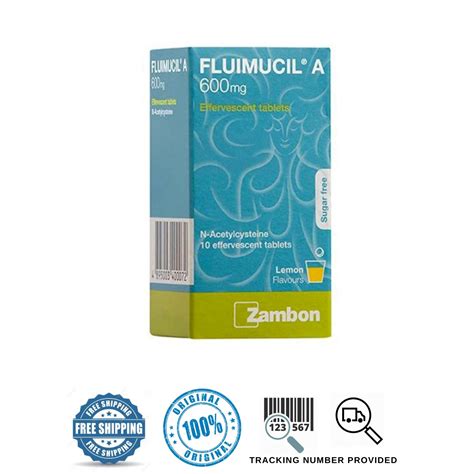Are you concerned about your LDL cholesterol levels?

High LDL cholesterol is a major risk factor for heart disease. The good news is that there are many things you can do to lower your LDL cholesterol levels quickly.
What is LDL cholesterol?
LDL cholesterol is a type of cholesterol that is carried in your blood. LDL cholesterol can build up in your arteries and form plaques. These plaques can narrow your arteries and make it harder for blood to flow through them. This can lead to heart disease.
What are the symptoms of high LDL cholesterol?
High LDL cholesterol usually does not cause any symptoms. However, if you have high LDL cholesterol for a long time, you may develop symptoms of heart disease, such as:
- Chest pain
- Shortness of breath
- Fatigue
- Nausea
- Vomiting
- Dizziness
- Lightheadedness
- Fainting
What are the risk factors for high LDL cholesterol?
There are many risk factors for high LDL cholesterol, including:
- Obesity
- Diabetes
- High blood pressure
- Smoking
- Eating a diet high in saturated fat and cholesterol
- Being physically inactive
- Having a family history of high cholesterol
How can I lower my LDL cholesterol?
There are many things you can do to lower your LDL cholesterol levels, including:
- Eat a healthy diet. A healthy diet for lowering LDL cholesterol should be low in saturated fat and cholesterol and high in fiber. Good sources of fiber include fruits, vegetables, and whole grains.
- Get regular exercise. Exercise can help to lower LDL cholesterol levels by increasing your HDL cholesterol levels. HDL cholesterol is a type of cholesterol that helps to remove LDL cholesterol from your arteries. Aim for at least 30 minutes of moderate-intensity exercise most days of the week.
- Lose weight if you are overweight or obese. Losing weight can help to lower LDL cholesterol levels by reducing the amount of fat in your body.
- Quit smoking. Smoking can raise LDL cholesterol levels. Quitting smoking can help to lower LDL cholesterol levels and reduce your risk of heart disease.
- Take medication. There are a number of medications that can help to lower LDL cholesterol levels. Your doctor can help you decide if medication is right for you.
How quickly can I lower my LDL cholesterol?
The rate at which you can lower your LDL cholesterol levels depends on a number of factors, including your diet, exercise habits, and weight. However, most people can see a significant reduction in their LDL cholesterol levels within a few weeks of making healthy lifestyle changes.
What are the benefits of lowering my LDL cholesterol?
Lowering your LDL cholesterol levels can help to reduce your risk of heart disease. Heart disease is the leading cause of death in the United States. Lowering your LDL cholesterol levels can also help to improve your overall health and well-being.
How can I monitor my LDL cholesterol levels?
You can monitor your LDL cholesterol levels by having a blood test. Your doctor can recommend how often you should have your cholesterol levels checked.
Conclusion
High LDL cholesterol is a major risk factor for heart disease. However, there are many things you can do to lower your LDL cholesterol levels quickly. By making healthy lifestyle changes, you can reduce your risk of heart disease and improve your overall health and well-being.
Tables
Table 1: Foods high in saturated fat
| Food | Saturated fat (grams) |
|---|---|
| Butter | 7 |
| Cheese | 5 |
| Fatty meats | 4 |
| Coconut oil | 12 |
| Palm oil | 8 |
Table 2: Foods high in cholesterol
| Food | Cholesterol (milligrams) |
|---|---|
| Egg yolks | 186 |
| Liver | 372 |
| Shrimp | 184 |
| Lobster | 145 |
| Oysters | 85 |
Table 3: Foods high in fiber
| Food | Fiber (grams) |
|---|---|
| Oatmeal | 5 |
| Beans | 12 |
| Lentils | 16 |
| Apples | 4 |
| Bananas | 3 |
Table 4: Exercise recommendations for lowering LDL cholesterol
| Exercise intensity | Exercise duration |
|---|---|
| Moderate intensity | At least 30 minutes most days of the week |
| Vigorous intensity | At least 20 minutes most days of the week |
















